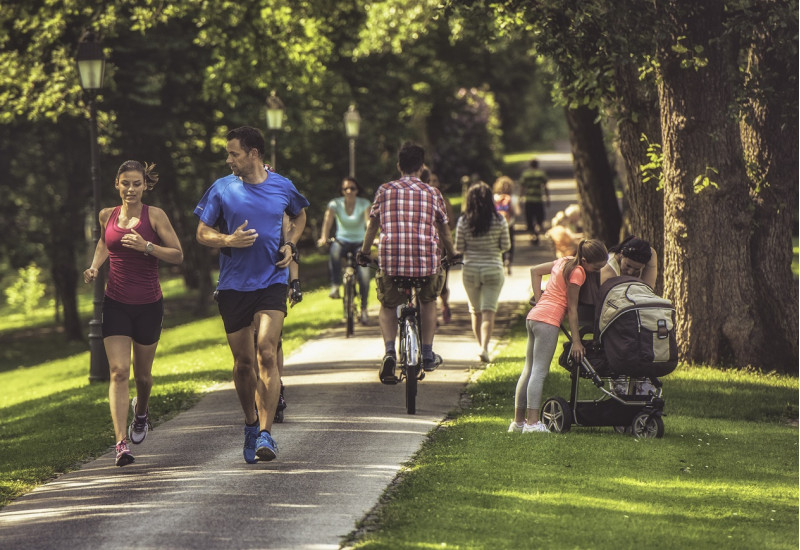The German Environment Agency (UBA) has drafted some helpful guidance for the Standing Conference of the Ministers of Education and Cultural Affairs of the Länder in Germany (KMK) on proper airing practices in schools. The handbook reflects the UBA experts' recommendations on indoor air hygiene and how proper ventilation in schools can reduce the risk of infection with the novel coronavirus. read more









